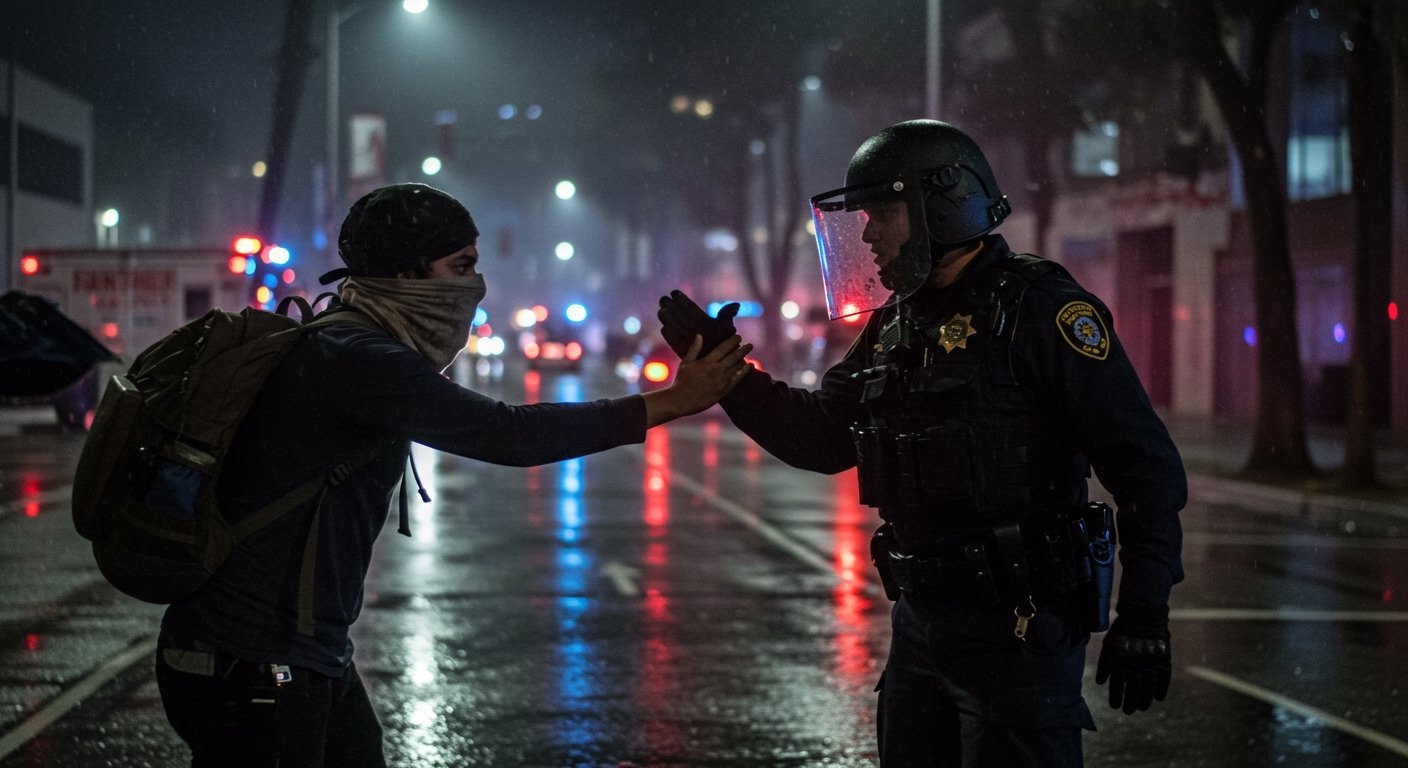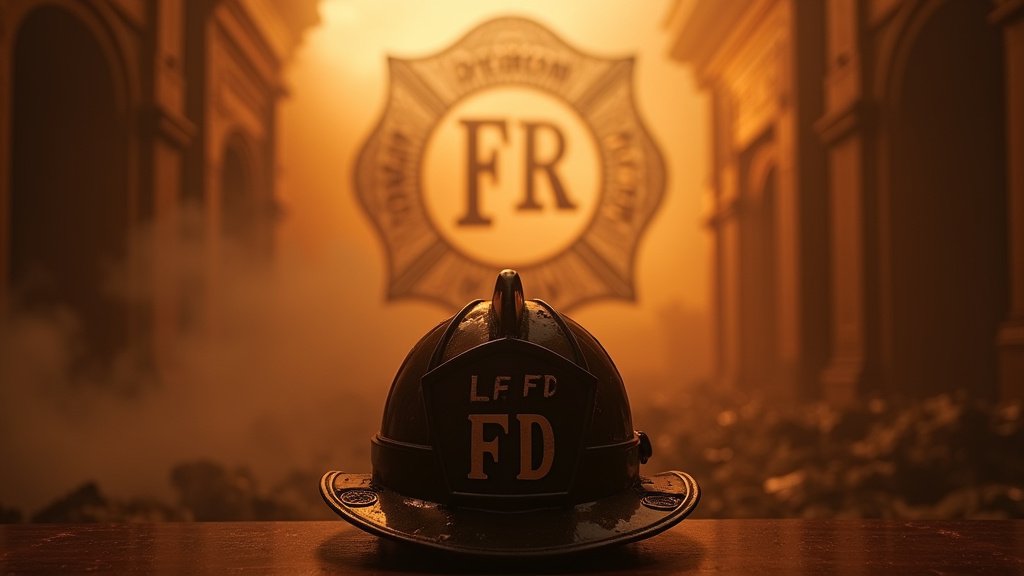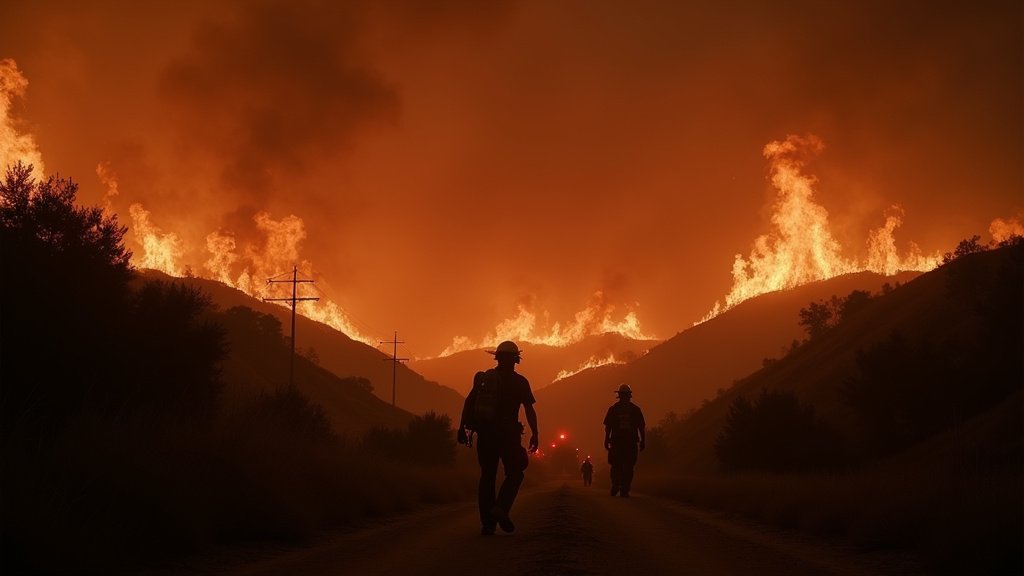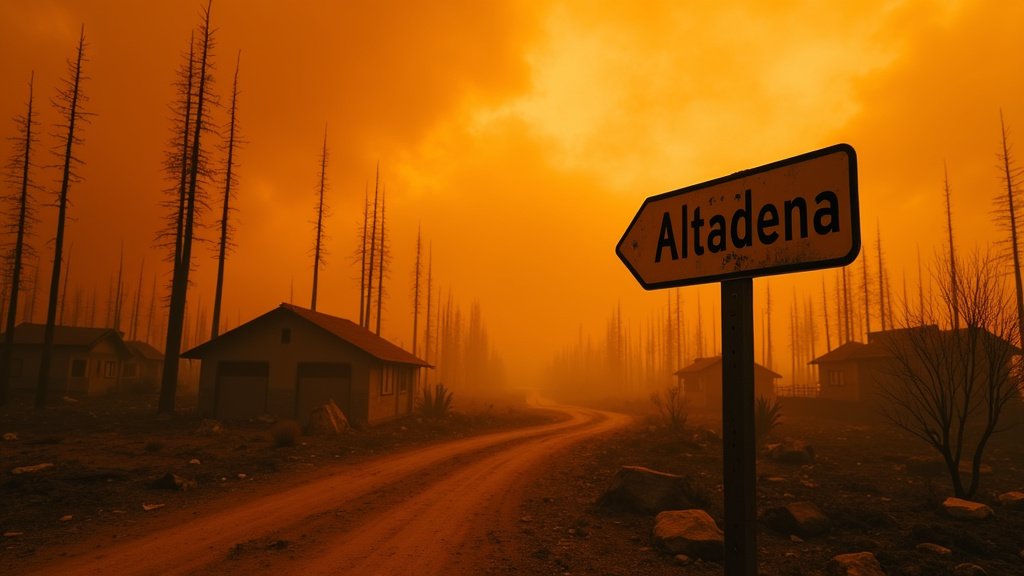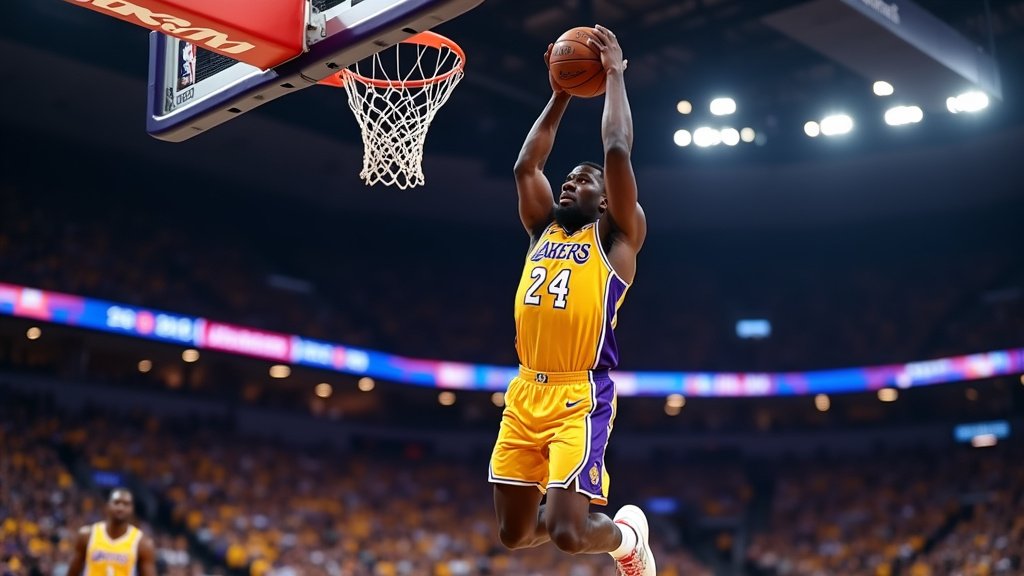LOS ANGELES – A contentious debate has intensified in Los Angeles surrounding the wearing of face masks by both protesters and U.S. Immigration and Customs Enforcement (ICE) agents during recent demonstrations. The unrest follows heightened federal immigration operations across the region, bringing issues of public assembly, personal privacy, and law enforcement tactics into sharp focus.
At the heart of the controversy is the call by President Donald Trump and his political allies to outlaw mask-wearing at public demonstrations. Proponents of such restrictions argue that covering faces allows individuals to engage in unlawful behavior anonymously and evade identification. This stance has translated into advocacy for arresting individuals who participate in protests with their faces covered.
The Debate Over Face Coverings
However, this perspective faces significant legal and civil liberties challenges. Legal experts counter the push for mask bans by outlining a range of legitimate reasons why individuals might choose to cover their faces during public gatherings, particularly in volatile situations involving law enforcement.
Among the reasons cited are health protection, especially relevant in crowded environments where airborne illnesses can spread. Religious reasons also play a role, as some individuals adhere to faiths that involve covering the face in public. Experts also highlight the need to avoid government retaliation, a concern among activists and undocumented individuals who fear repercussions for participating in protests. Furthermore, covering one’s face can help prevent surveillance and ‘doxing’, the act of publishing private identifying information about an individual online without their consent, which can lead to harassment or worse. Lastly, masks can offer a degree of protection from tear gas and other chemical irritants that law enforcement may deploy during crowd control.
These arguments underscore the tension between security concerns and the fundamental rights to protest, privacy, and freedom of expression.
Context: Protests and Enforcement in Los Angeles
The debate over masks is unfolding against a backdrop of ongoing protests in Los Angeles related to federal immigration operations. These demonstrations have often involved confrontations between protesters and authorities, highlighting the volatile nature of the situation.
Recent events underscore this reality. On June 14, 2025, Los Angeles County Sheriffs were photographed arresting a demonstrator in Los Angeles during one such protest. Just days earlier, on June 9, 2025, a rally was held in San Francisco in support of David Huerta, president of Service Employees International Union California, who was arrested during a separate protest in Los Angeles. Another striking image from June 10, 2025, captured an ICE Special Response Team member positioned outside the Metropolitan Detention Center in downtown Los Angeles amidst protests.
These specific incidents, captured through photography, serve as vivid examples of the intense interactions occurring on the ground and provide the immediate context for the heightened debate surrounding face coverings for both demonstrators and agents.
Legal and Societal Implications
The push to ban masks at protests raises complex legal questions regarding the scope of constitutional rights, particularly the right to assemble and speak freely. Legal scholars suggest that broad bans on facial coverings could be challenged as overly restrictive and potentially infringing upon legitimate reasons for covering one’s face, including those related to personal safety and privacy in the face of potential surveillance.
Conversely, those advocating for bans often point to concerns about public safety and the ability of law enforcement to identify individuals who may be engaged in illegal activities. This creates a challenging balancing act for policymakers and the courts.
As federal immigration enforcement continues to be a prominent national issue, the seemingly simple act of wearing a mask during a protest has evolved into a significant legal and political battleground in cities like Los Angeles. The outcome of this debate could have lasting implications for how public dissent is managed and how individual rights are interpreted in the context of law enforcement operations.

